
The modern digital world has seen its fair share of innovations over the past few years when it comes to the fields of Artificial Intelligence, Medicine, Energy, and Security. However, a new form of innovation is seemingly on the rise when it comes to not just private companies but among different countries around the world. One which supporters hope will in some part help many pressing global issues including the ability for people to receive access to basic services including Health, Education, and Travel by the governments of an individual’s respective country.
With this, different countries, companies, foundations, and international organizations are looking into a new digital system known as Digital Identity that promises to do just that, establish a means to which citizens of a country are able to be all universally identified so that their governments are able to deliver political, economic, and civic rights to all. Groups that envision this new system include the Bill and Melinda Gates Foundation, the Economic Forum, the World Bank, and most of all the United Nations; who are pushing for this identity system to be adopted sometime in the next decade as a way to achieve one of its many Sustainable Development Goals (SDG).
Elizabeth Garber and the origin of IDPartner
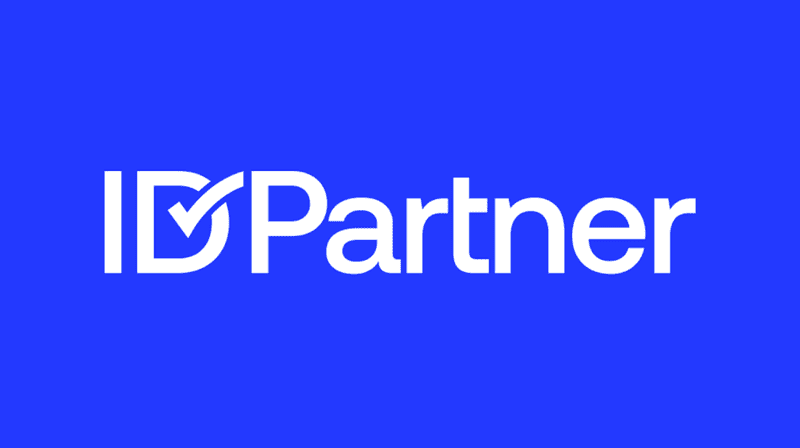
To get a better understanding on these types of identity and security classifications, their dynamics, and questions that can arise; RaiseTheVoices recently conducted an interview with Elizabeth Garber, Chief Product Officer and Co-Founder of IDPartner, a newly made software company which seeks to expand Digital Identities and Identity Verification in order to create a safer online world, and lead Editor of the White Paper Human-Centric Digital Identity: A Primer for Government Officials.
Throughout the Interview, Elizabeth was able to expand much on the dynamics that comes with these systems such as sentiment and execution among countries, but before the conversation touched on Digital Identity, we focused on her work and how working in the Development industry transitioned to her involvement in being outspoken for the identity system.
To begin, Elizabeth explained how she was involved in the human-centered design processes for various major companies and how the drive to make sure that these companies delivered their goods or services in a way that human-centered or human-focused; examining the benefits and the merits these goods or services can have on users or customers and the values that companies should strive in order to facilitate this interaction. Essentially, her work experience made her get a strong sense of positive customer experience throughout the different Energy, Telecommunication, Communication, and Financial industries she worked under.
Later on, she worked in the Banking industry and became involved with the identity system due to the Banking and Financial institutions focusing on security and identity authentication for its users to access their savings. Which evolved into helping to facilitate better authentication and safety practices for users that are not only accessing these industries directly but across the internet and even facilitating this form of identity system to those who are unbanked to get many into these financial institutions; an initiative that inspired her to co-found IDPartner and be more interested in the promotion of identity systems to improve human rights; thus becoming involved in the policy space and collaborating in the white paper. Which outlines current interest in a digital identity system, its implementation, consequences, and the many ways different nations should approach this topic.
Identity and Governance

With this, the discussion first centered on the concept of Identity; mainly how governments interact with it. Identity, as explained by Elizabeth, refers to a form of recognition by a governmental or legal entity which can take the form of Birth Registration, Passports, or a Social Security number (U.S). These forms of recognition under the law, then, gives a person the means to access a myriad of services in a country such as the ability to go to school, buy property, and the ability to receive healthcare benefits; among others.
During the interview, Elizabeth argued that Identity itself is a Human Right as Article 6 of the United Nations Charter that was made after the Second World War states that everyone has the right to be recognized under the law and while she did acknowledge that Identity and the Digital identity system are different, the potential for these forms of identification to become digitized allows someone to be able to thrive in the growing Digital Economy. The main argument is that Identity, establishing personhood in a country, allows for certain Rights to be met and without this it could impact how people live in their day-to-day life.
From the potential to conduct transactions across the world, to organizing and setting up businesses internationally, utilizing Identity in the Digital Economy space is argued to benefit to not only strengthen rights but to the economies of many nations.
With the potential and even current power that Identity brings to society, it is almost no wonder why many nations in recent years have begun to look into further increasing its usage in the digital sphere. From the potential to allow Governments around the world to bring access to resources and uphold the rights of people, to being seen as a gateway used in the expansion of opportunities (mainly economic) for employment or further enabling economic activities, to even potentially seeing an expansion in the Security sector (Cybersecurity more specifically to embed it in national affairs over Identity); it is something that can be seen with far more reaching effects that many Countries and Organizations wish to capitalize on.
Drawbacks of Identity
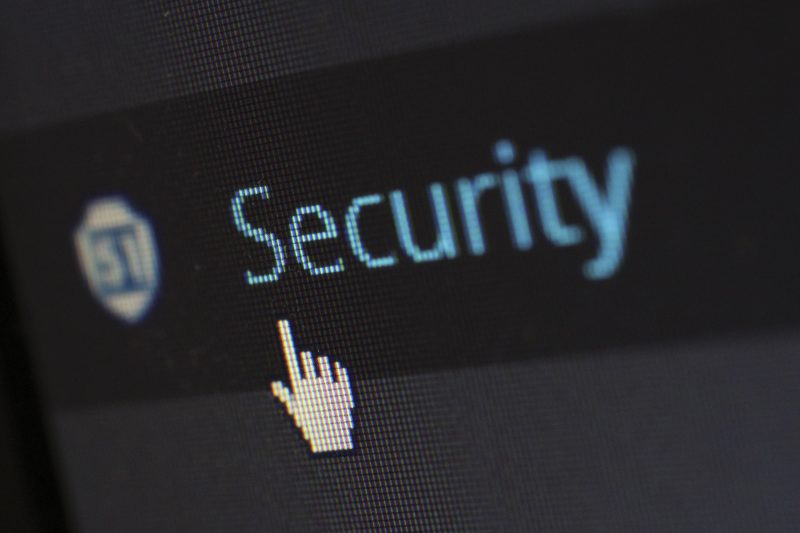
While the potential for Identity to provide such positive, far reaching effects; it can just as easily be damaging and provide specific harmful effects depending on how it may be used. During our conversation; Elizabeth mentioned how in the past different forms of Identity systems were used to specifically persecute, target, or otherwise be used as a way to deprived others of their rights such as in times in the past with Nazi Germany or currently with issues surrounding the Rohingya population in the country of Myanmar and issues associated with a lack of Identity services and government persecution.
With the dynamics for Identity and how it is being used relying solely on how a particular Government of a country utilizes their own Identity systems and for what purpose different policies are enacted that utilize it. For the Digital Identity space, in order to avoid the most amount of shortcomings and potential negatives that a country may utilize it for; it is best to design a system that attempts to mitigate these harms while enabling the best opportunities in a technological and policy perspective.
Digital Identity in the Current World
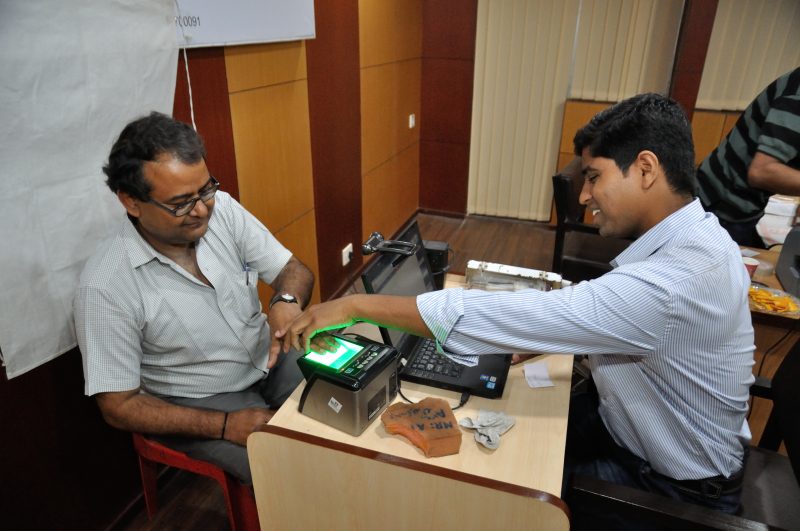
Lastly in our discussion, the conversation turned over to how countries are attempting to implement the Digital Identity System; with some variation here and there depending on the scope and applicability. Mainly, the identity systems that are beginning to be digitally enabled or have already existed in places like Norway and Sweden when it comes to their government allowing the banks to issue identifiers, while it can be linked to a government credential Elizabeth notes that it is not the same as an official legal credential like a birth registration. These identifiers allow citizens to transact with businesses on the use of smartphones on important payments from Mortgages to Loans. With some of the added benefits to using such a system in these Nordic countries allowing for more people to become integrated in not only these forms of transactions but these digital transactions themselves including a reduction in transactional fraud.
Other successes can be seen in countries like Singapore who use a mobile application called Singpass that allows citizens to access different government services and even transact directly with private companies as the Singpass ID System includes a citizen identifier that is issued by the government that would, otherwise, bypass legal credentials used in transactions from signing a legally binding contract. Making the process of transacting with these private companies much easier as the user would not need a specific login credential or password.
With other countries as well being involved in the space of Digital ID in some capacity whether that be Canada or India, who particularly have a longer lasting system called Aadhar that allows citizens to also receive governmental aid (on top of being able to transact more efficiently). With the system including more of a biometric aspect such as utilizing fingerprint and iris scan technologies to verify and authenticate its users.
Which is really where the variability comes up in terms of different nations and how they wish to implement the Digital ID System within their own country. Some have a system more centralized than others, some systems by private companies focus on different software architecture such as a stronger focus on biometrics to authenticate identification, and in some countries the scope of an initiative which may encompass more to normal identity than simply as a way to build a more efficient system to transact across the country and world.
All in all, our conversation ended with a final remark with regards to this newly developing system where Elizabeth really reflected on the potential for digital identity and what a big impact it had in terms of human rights. She stated, above all else, that while digital identity in some very important ways can help with the advancement of these rights through better accessibility for citizens of certain services, this is not, in simple terms, an end all be all solution to the major problems that are impacting nations. However, it would be a step in the right direction for many Nations but to, at the same time, acknowledge that no two countries will have the exact same digital ID system and that it will vary across the planet should it be further accepted.
With the recent push by many countries, International organizations, and even companies, it seems as if the digital ID system is here to stay; especially in the growing digital landscape. Time would only tell where the system will be and how the collaboration of companies and countries will be able to take it.
Citation:
- “Research Summary: Digitization for Improved Governance.” Bill & Melinda Gates Foundation, www.gatesfoundation.org/our-work/programs/global-growth-and-opportunity/financial-services-for-the-poor/digitization-for-improved-governance. Accessed 20 Aug. 2023.
- Leong, Christine. “Digital Identity Ecosystems Can Help Both Businesses and Customers.” World Economic Forum, World Economic Forum, 26 Nov. 2021, www.weforum.org/agenda/2021/11/5-ways-a-digital-identity-ecosystem-could-help-people-and-business/.
- Principles on Identification for Sustainable Development : Toward the Digital Age (English). Washington, D.C. : World Bank Group. http://documents.worldbank.org/curated/en/213581486378184357/Principles-on-Identification-for-Sustainable-Development-Toward-the-Digital-Age
- “Digital Identity in a New Era of Data Protection.” UNCTAD, United Nations, 16 Apr. 2018, unctad.org/meeting/digital-identity-new-era-data-protection.
- https://www.idpartner.com/
- Garber, E. and Haine, M. (eds) “DRAFT: Human-Centric Digital Identity: a Primer for Government Officials) OpenID Foundation, (July 7, 2023)
- “Universal Declaration of Human Rights.” United Nations, United Nations, www.un.org/en/about-us/universal-declaration-of-human-rights. Accessed 20 Aug. 2023.
- “The Nuremberg Race Laws.” United States Holocaust Memorial Museum, United States Holocaust Memorial Museum, encyclopedia.ushmm.org/content/en/article/the-nuremberg-race-laws. Accessed 20 Aug. 2023.
- Albert, Eleanor, and Lindsay Maizland. “What Forces Are Fueling Myanmar’s Rohingya Crisis?” Council on Foreign Relations, Council on Foreign Relations, 20 Jan. 2020, www.cfr.org/backgrounder/rohingya-crisis.
- “A Sense of Self, a Sense of Life: The Need for Identity among Rohingya Refugees.” UNICEF South Asia, 26 Sept. 2019, www.unicef.org/rosa/stories/sense-self-sense-life-need-identity-among-rohingya-refugees.
- “OneSpan, Bankid Extend Digital Identity Service to All Norwegian Banks.” Edited by PYMNTS.com, Pymnts.Com, PYMNTS.com, 7 Sept. 2022, www.pymnts.com/digital-identity/2022/onespan-bankid-extend-digital-identity-service-all-norwegian-banks/.
- Borak, Masha. “Sweden’s BankID Launching New Digital ID Card: Biometric Update.” Biometric Update |, BiometricUpdate.com, 24 Apr. 2023, www.biometricupdate.com/202304/swedens-bankid-launching-new-digital-id-card.
- https://www.singpass.gov.sg/main/singpass-our-ndi/
- Solomon, Howard. “Canada Is Moving Faster on Digital ID than Most Think, Says ATB Ventures: It World Canada News.” IT World Canada – Information Technology News on Products, Services and Issues for CIOs, IT Managers and Network Admins, 16 Mar. 2023, www.itworldcanada.com/article/canada-is-moving-faster-on-digital-id-than-most-think-says-atb-ventures/532961.
- https://uidai.gov.in/en/
- Johansen , Lia, and Karl Lallerstedt. “The Trouble with Transparency: Increased Identity Fraud in Sweden’s Digital Age.” Global Initiative, 17 Dec. 2017, globalinitiative.net/analysis/21752-2/.
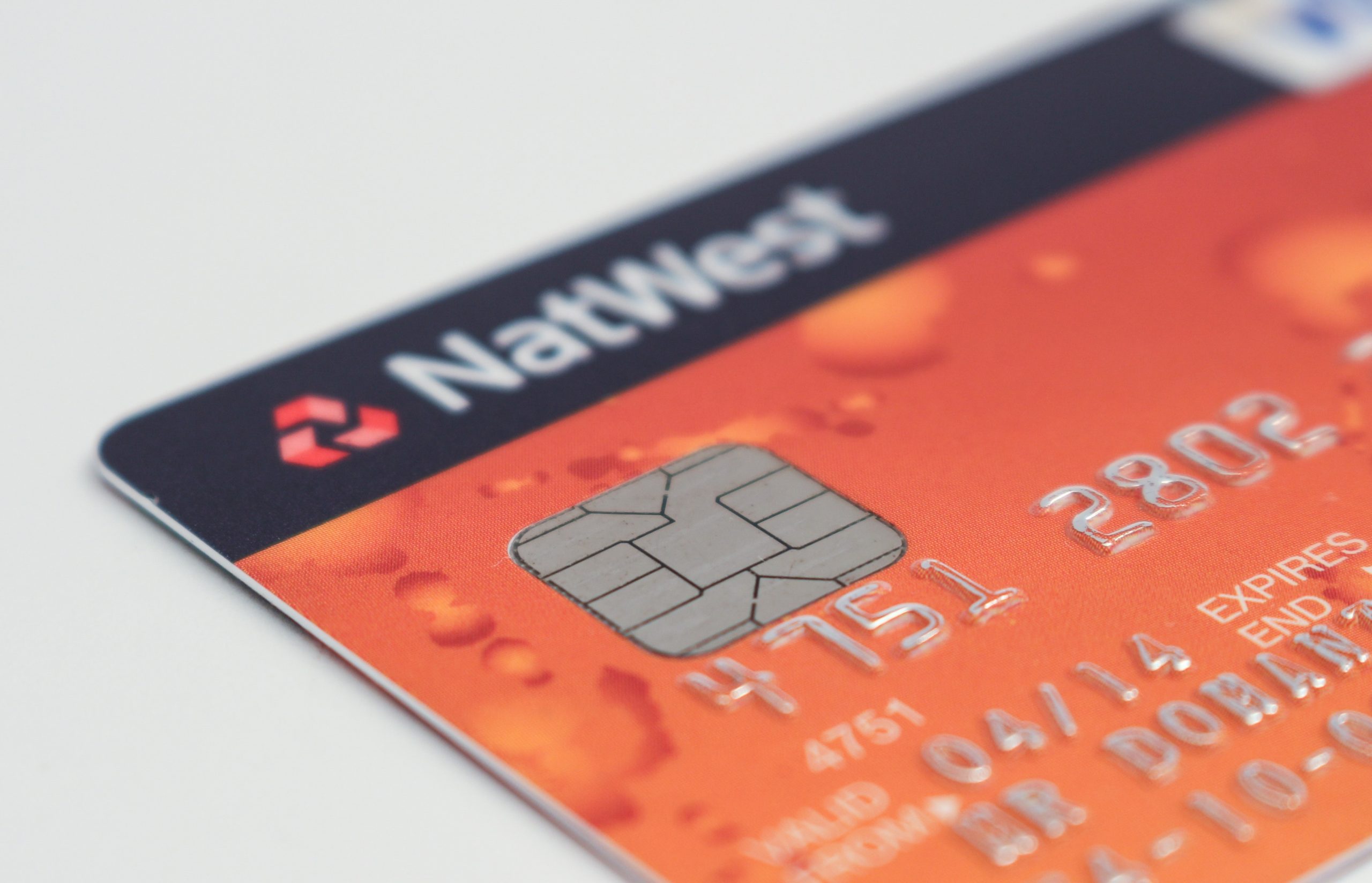



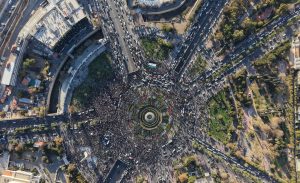




Be First to Comment